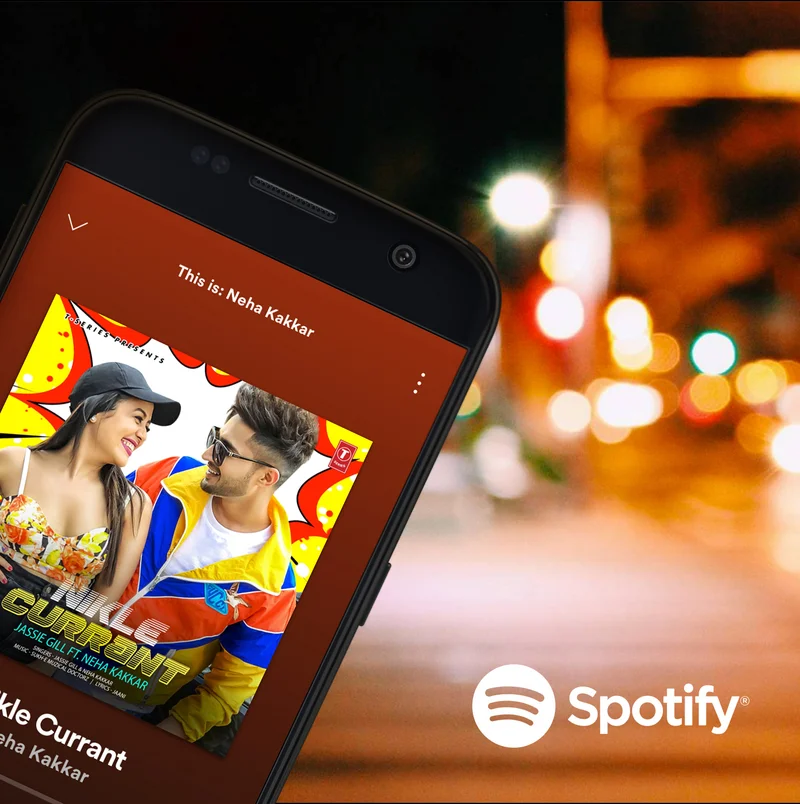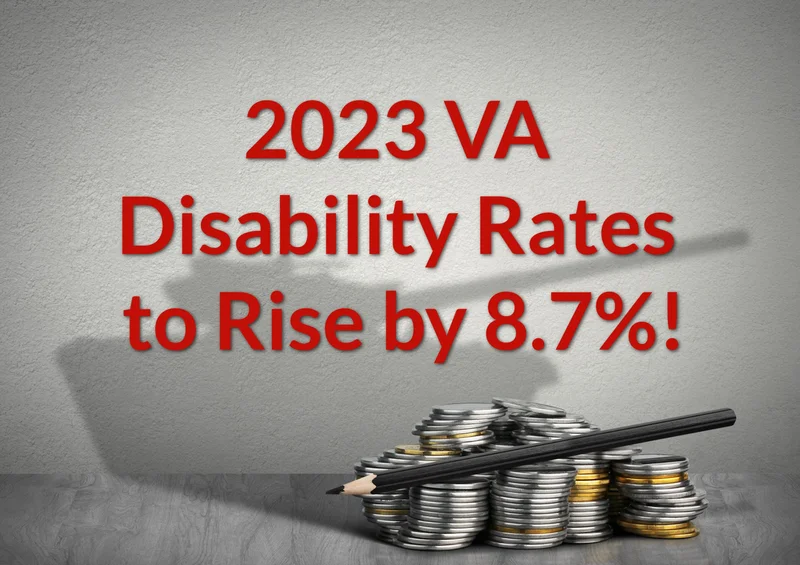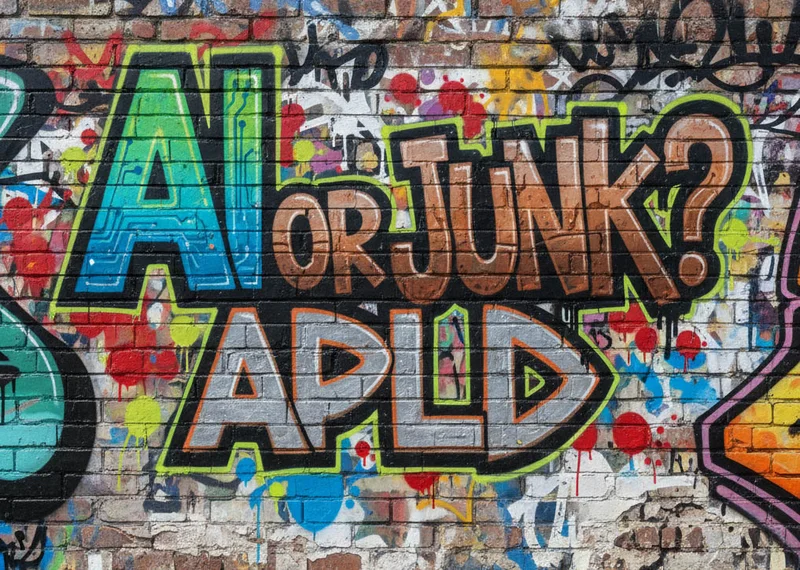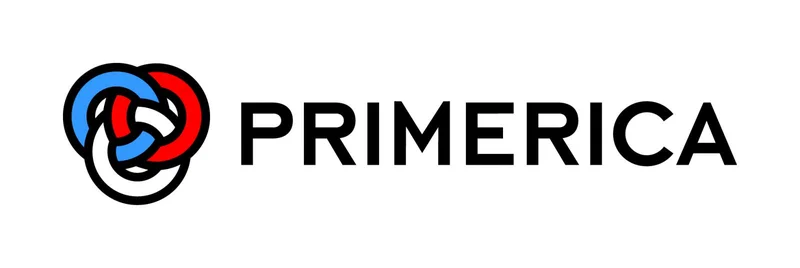Spotify's AI Music Initiative: The Strategy, Industry Impact, and What 'Responsible AI' Really Means
Spotify's AI Alliance Isn't About Ethics. It's About Building a Moat.
The press releases read like a joint declaration of peace. Spotify, the dominant force in music streaming, has announced a formal collaboration with the three titans of the music industry—Universal, Sony, and Warner. The stated purpose is to develop “responsible” artificial intelligence products, a framework designed to respect artist copyright and ensure proper compensation. On the surface, it’s a laudable goal, a mature response to the chaotic, “move-fast-and-break-things” ethos that has allowed AI startups like Suno and Udio to flourish.
But when incumbents with a combined market share that constitutes a functional oligopoly suddenly find a common enemy, the narrative of “responsibility” deserves a second, more critical look. This isn’t a grassroots movement to protect artists. It’s a calculated, defensive maneuver to control the future means of music production. The entire affair is less a moral crusade and more a strategic consolidation of power, a drawing of the battle lines before the real war for AI-generated media even begins.
The timing is, of course, no coincidence. The announcement comes as those same three music majors are embroiled in lawsuits against the very AI startups they implicitly condemn. They’re suing Udio and Suno for alleged mass copyright infringement, claiming the platforms were trained on their catalogs without permission. The specter of incidents like the viral AI-generated Drake and The Weeknd track, “Heart on My Sleeve,” has clearly spooked the C-suites. You can almost picture the emergency board meetings, the frantic calls between executives as they watched a technology they didn’t control replicate their most valuable assets with terrifying ease. This partnership is the industry’s coordinated counter-offensive.
Spotify’s role here is pivotal. With its massive user base (276 million paying subscribers), it provides the perfect, regulated distribution channel for whatever AI tools this consortium develops. The company has already been using AI for years in its recommendation algorithms and its personalized DJ feature. Now, with the establishment of a dedicated generative AI research lab, it’s signaling a much deeper ambition. Spotify isn't just a platform anymore; it's positioning itself as the central, indispensable hub in the music ecosystem—a trend reinforced by recent moves like the deal where Netflix Inks Deal With Spotify to Stream Video Podcasts and its integration with ChatGPT for recommendations. It's becoming the operating system for audio.
A Toll Road to the Future
Let’s be precise about what’s being constructed here. This alliance is not an open-source initiative for the good of all musicians. It’s the blueprint for a closed ecosystem, a walled garden where AI innovation can only occur under the direct license and supervision of the rights holders. The collaboration, which sees Spotify partnering with multinational music companies to develop ‘responsible’ AI products, also includes the independent rights groups Merlin and Believe, which extends the reach significantly. They are, in essence, building the only sanctioned, high-toll bridge into the new territory of AI music generation.

Think of it like this: the major labels hold the keys to the most valuable dataset in the world—decades of professionally produced, culturally significant music. The AI startups, in their view, have been picking the locks. Spotify is now offering to build a new, impenetrable fortress with the labels safely inside, and it will manage the front gate. Any new generative tool that emerges from this partnership will be trained exclusively on legally licensed material. For a fee, of course.
This raises a fundamental question: what does this mean for genuine innovation? The arrangement creates an almost insurmountable barrier to entry. A new startup won’t be able to compete unless it can afford to license the catalogs of Taylor Swift, Beyoncé, and Ed Sheeran. The "guardrails" that Warner Music Group's CEO, Robert Kyncl, praises are also fences that keep competitors out. It’s a classic moat-building strategy, designed to protect existing revenue streams by controlling the chokepoints of a new technology.
And this is where my analyst's skepticism kicks in. The promise of "new revenue streams" for artists is a phrase I've seen in countless shareholder reports, and it often translates to marginal gains for creators and significant platform fees for the distributor. We are given no details on the economic model. How, exactly, will artists be “properly compensated” when an AI tool uses their vocal likeness or melodic style as an influence? Will it be a transparent royalty, or will it be another opaque, fractional payment lost in the labyrinth of streaming accounting? The silence on the specifics is deafening.
This isn’t just about stopping deepfakes. It’s about ensuring that if a user wants to create a song “in the style of” a major artist, they have to do it on a sanctioned platform and pay the appropriate gatekeepers for the privilege. The current lawsuits are the stick; this Spotify partnership is the carrot, beckoning everyone into a system the incumbents can tax and control.
A Well-Designed Cage
Strip away the lofty language about "musicians' rights," and you're left with a starkly pragmatic business arrangement. This is the music industry’s attempt to avoid its Napster moment in the age of AI. Instead of being disrupted, the established powers are co-opting the technology to reinforce their dominance. They’ve seen what happens when technology democratizes creation and distribution without a monetization plan in place, and they have no intention of letting it happen again.
The result will likely be a two-tiered system: a "clean," licensed, and expensive world of AI music creation inside the Spotify-Major Label ecosystem, and a "wild," legally gray, and innovative world outside of it. While this move might bring a degree of order and predictability, it also risks stifling the very creativity it claims to protect. A cage, even a gilded one, is still a cage. The real test will be whether the next revolution in music comes from inside this carefully constructed system or from the scrappy innovators still building rafts on the other side of the river. My money is on the rafts.
Related Articles
American Airlines Closing? What's Really Going On and Why You Should Be Skeptical
American Airlines "Closing Rumors" Are Peak 2025 Bullshit So, American Airlines is "restructuring."...
Oklo Stock: A Sober Look at the Numbers and SMR Competition
In the quiet, methodical world of deep-tech investing, noise is an anomaly. It’s a variable that dem...
Southwest Airlines Overhauls Its Seating Policy: What This Means for Travelers and the Future of Flying
For decades, flying Southwest Airlines felt like stepping into a time capsule. The open seating, the...
The VA Loan Myth: What Everyone Gets Wrong and Who to Actually Trust
Alright, let's cut the crap. Every year, the internet vomits up another "Best Of" list for everythin...
Applied Digital's Earnings Report: What to Expect and What It Signals for the Future of AI
Yesterday, for a few dizzying minutes after the market closed, it looked like the story might be a s...
primerica: What to Know – A Reality Check
Nvidia's AI Hype Train: Are We There Yet? Nvidia. The name is practically synonymous with the AI rev...





